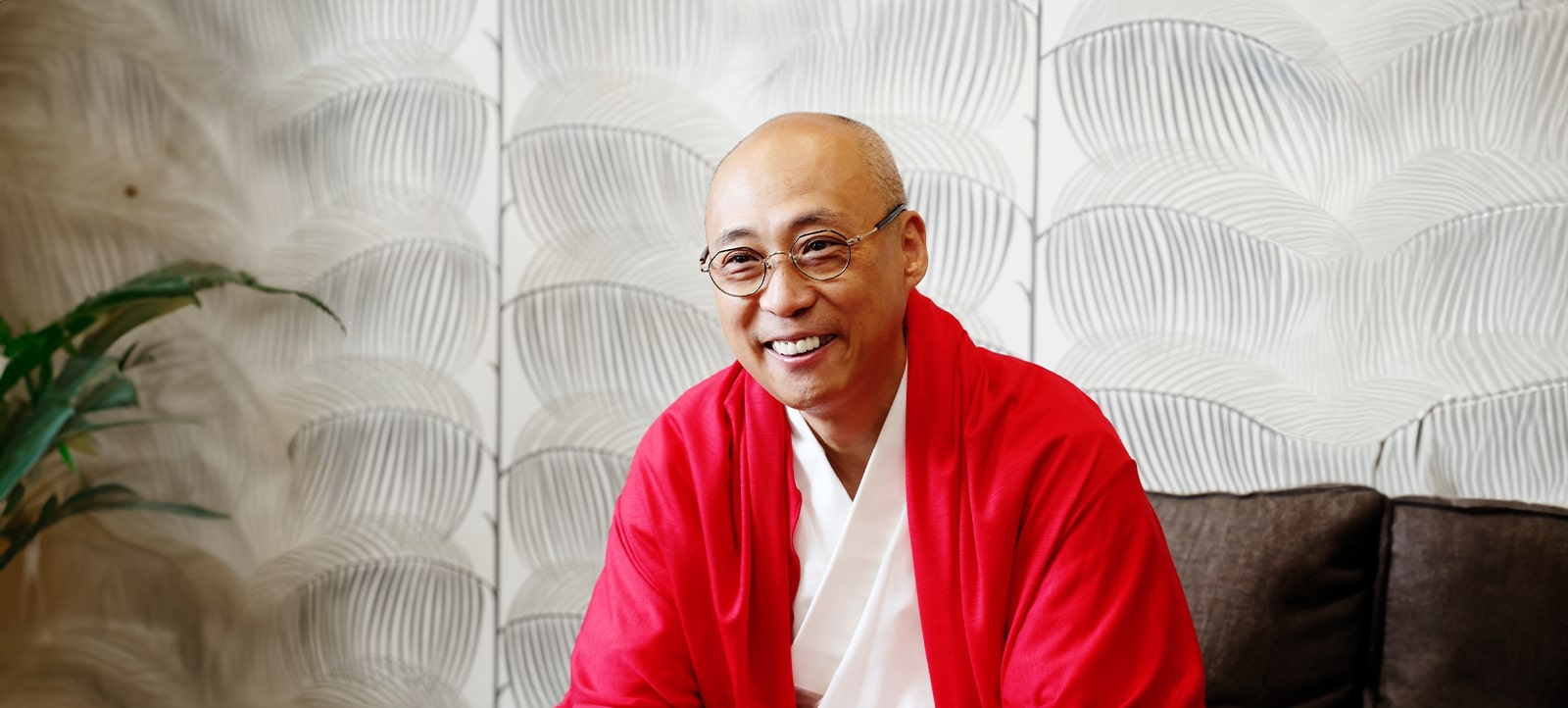My History
To make the teachings of Buddhism more accessible, I’ve immersed myself in studying psychology, qigong, yoga, and meditation, all with the aim of building a temple that resonates with the needs of today’s society. The mindfulness practices I advocate, rooted in Buddhist thought, are part of my effort to create a stress-free world. In modern life, with so many options and distractions available, it’s easy to get overly caught up in things, leading us away from the balanced middle path. Mindfulness, which teaches us to "live in the moment," requires clearing our minds of unnecessary thoughts. Of course, it’s not always easy to remain focused on the present. Our minds wander to the past or future, but even short moments of concentration can help sharpen focus and memory.
When our minds are cluttered by constant multitasking, it becomes difficult to think creatively about the next task. Mental fatigue only leads to more distractions. In business, the workplace environment plays a significant role in stress management. For instance, many Japanese companies lack private spaces where people can be alone, making it hard to maintain peak performance under constant observation. While work reform initiatives focus on improving efficiency, I believe there’s a need to shift from emphasizing quantity to enhancing quality. Modern life is full of stress triggers, and that’s why I’ve dedicated myself to helping people release their stress through the practice of mindfulness.
The Present
Today, with the rapid development of technology, the nature of our concerns has evolved from what people in the past used to experience. While stress has always been part of life, I don’t think the term "stress" existed in the way we understand it now. In earlier times, people mainly focused on local matters—Japan, their jobs, and their communities. In that sense, society resembled a close-knit "village" with both its benefits and drawbacks. However, as the world has developed, we now have many more opportunities to interact with foreign cultures and people. I believe Japan is still a novice when it comes to cross-cultural engagement. In contrast, the United States, a multicultural, democratic society, lies on the opposite end of the spectrum. Each region in the U.S. offers unique perspectives, and visiting these places can provide significant learning experiences. Currently, I’m dedicating much of my time to my work in the U.S., where I have even served as a guest speaker. Although I’ve conducted corporate training in Japan, I’m now expanding my efforts to the U.S.
While Japan is a safe and comfortable place to live, I think it’s crucial to gain global experiences to foster growth and face challenges. It’s important to step out of the comfort zone for personal development, and that’s why I’m taking on challenges in the U.S. Taking the first step requires courage, and at times it can be disorienting. You may even feel like you’re losing your sense of direction. But this feeling is a sign that you’re moving forward. To prevent slipping back into your comfort zone, it’s essential to have a long-term vision and work steadily toward small, achievable goals. This will help you continue progressing forward.
For the Future
In May 2023, I was honored in the philosophy category as a next-generation leader by The Wall Street Journal in the United States. With this recognition, I am even more motivated to broaden my efforts in the U.S. In particular, I’m eager to contribute to elementary and middle schools in New York that have integrated mindfulness programs, if the opportunity arises. While mindfulness originally stemmed from Buddhism, it has since been adapted, shedding much of its religious context and becoming a practical tool for everyday life. Yoga is another example of this transformation. I admire how the U.S. has skillfully adapted these practices to fit modern lifestyles and present them in an appealing way. Ultimately, I hope to bring something meaningful back from the U.S. to Japan as well. In addition, one of my long-term goals is to build an orphanage in the U.S. I want to contribute to the well-being of children and support the next generation. This desire to help young people with their whole future ahead of them is what drives me every day.
One of Japan’s strengths, in my view, is the dedication people show when following a capable leader. However, this also highlights how much hinges on the quality of leadership. My ideal leader embodies the principles of servant leadership, placing their team above themselves in a reverse-pyramid structure. The leader works behind the scenes, empowering employees to take initiative, while still steering the organization’s direction. It’s also essential for servant leaders to step up and take charge when necessary, as this approach significantly boosts morale across the team. When a leader consistently demonstrates this level of commitment, they naturally earn the respect of their team. When employees feel a genuine desire to work for their leader, it becomes a powerful driver of success. As I look ahead, I hope Japan continues to evolve toward a brighter future, and I will dedicate my energy to advancing my own initiatives.
